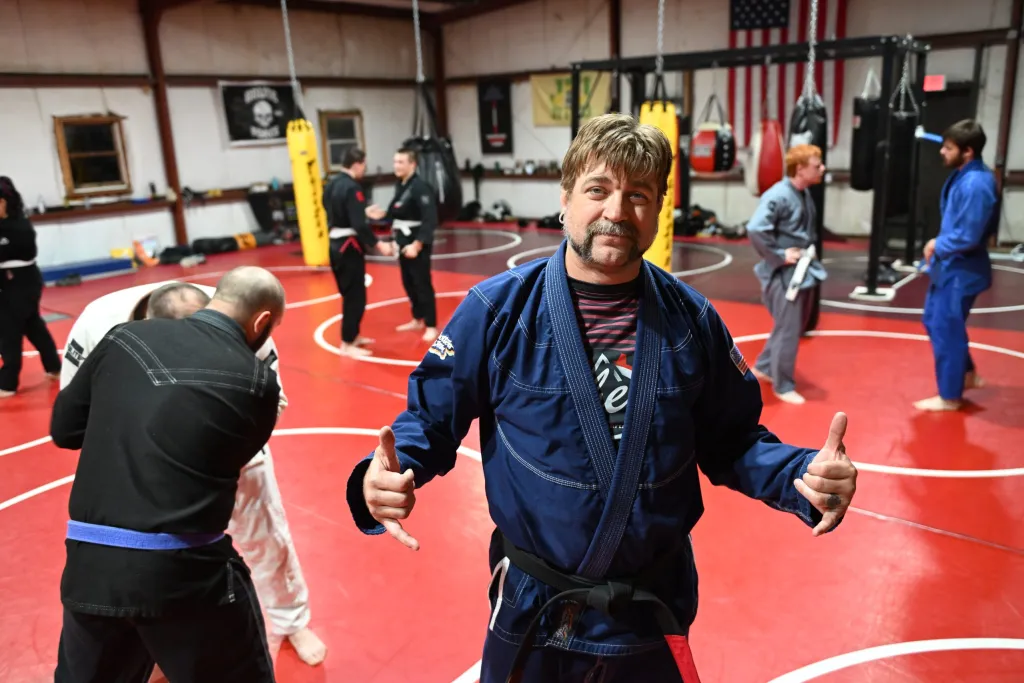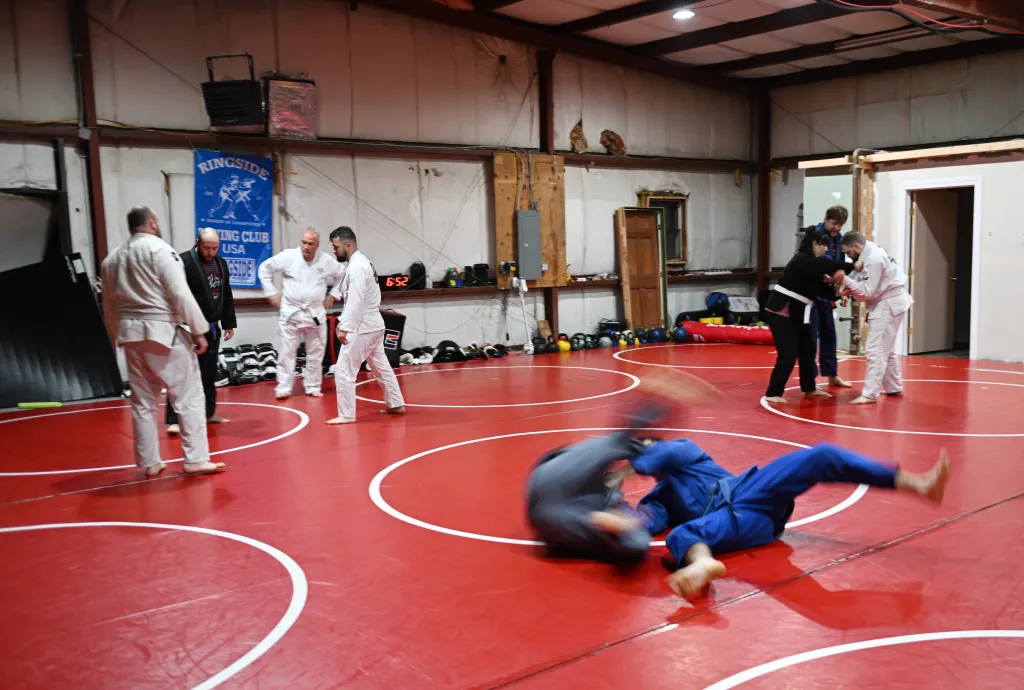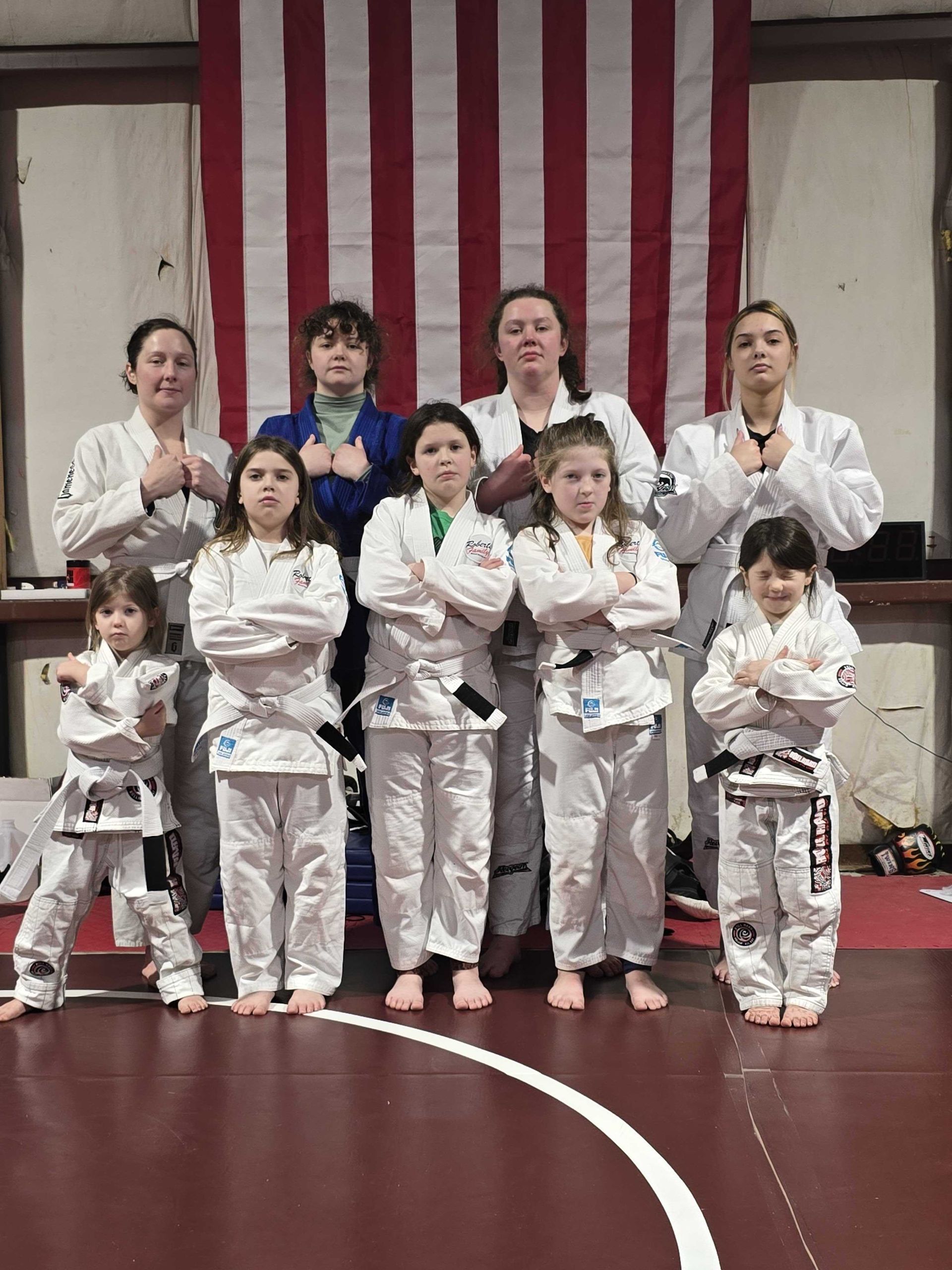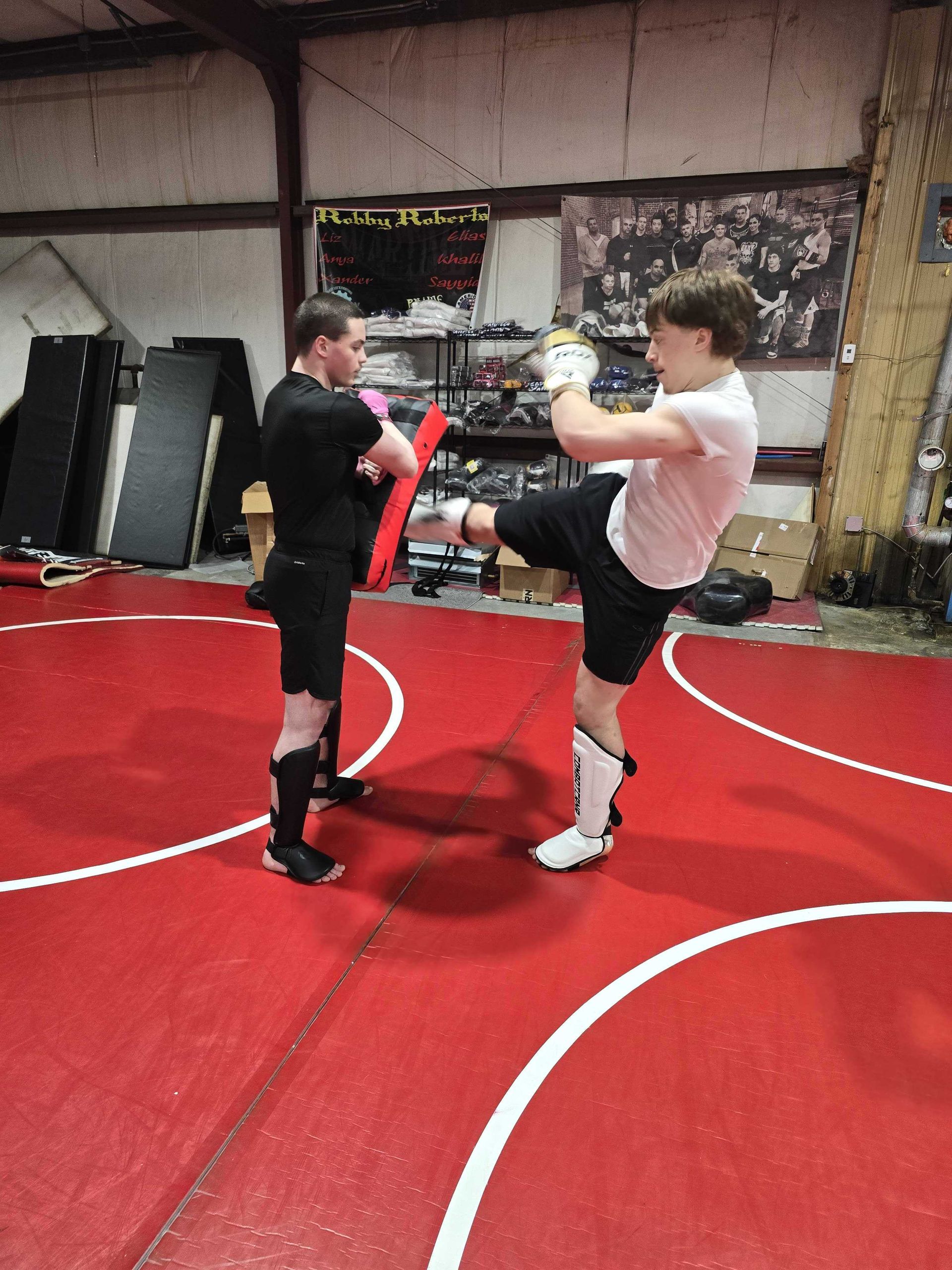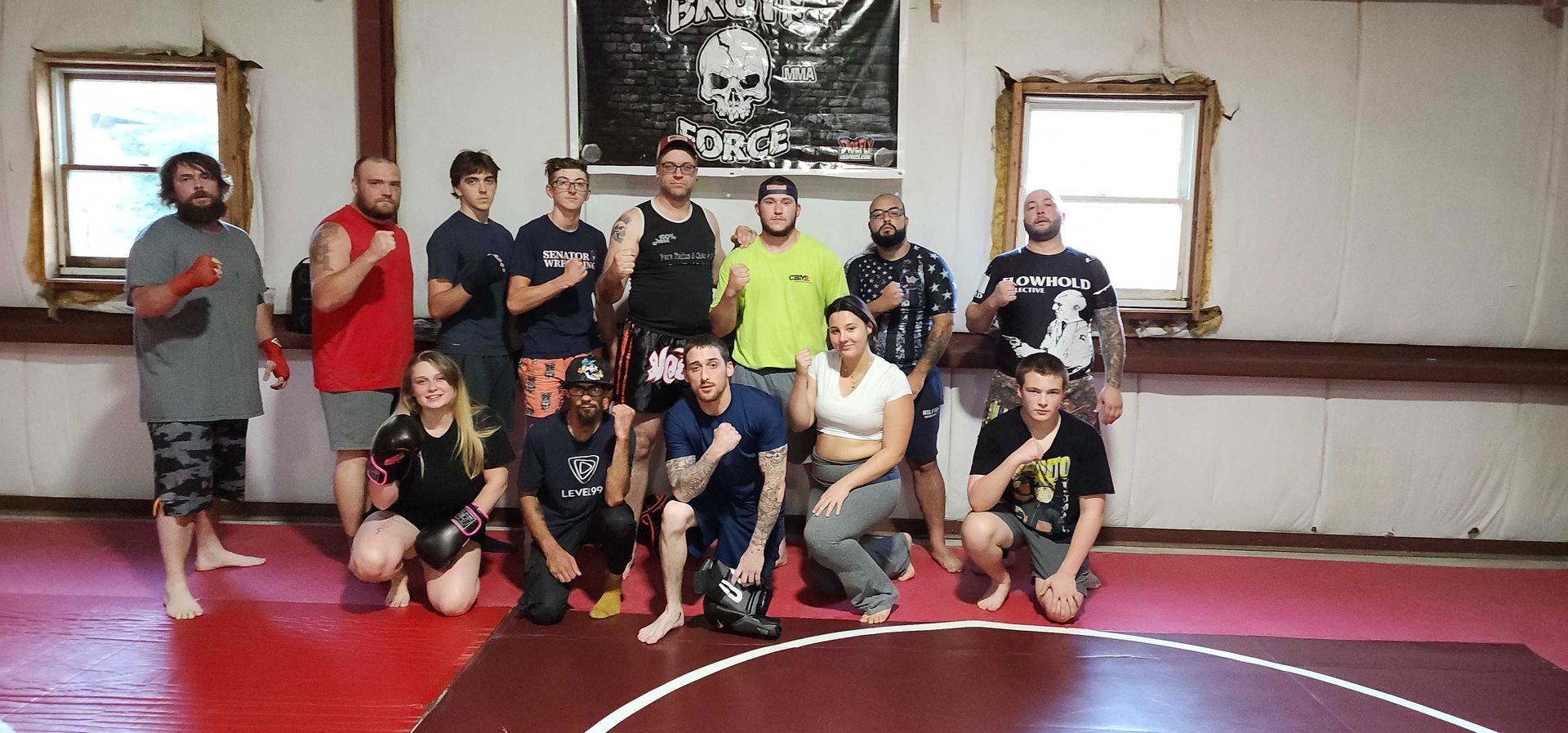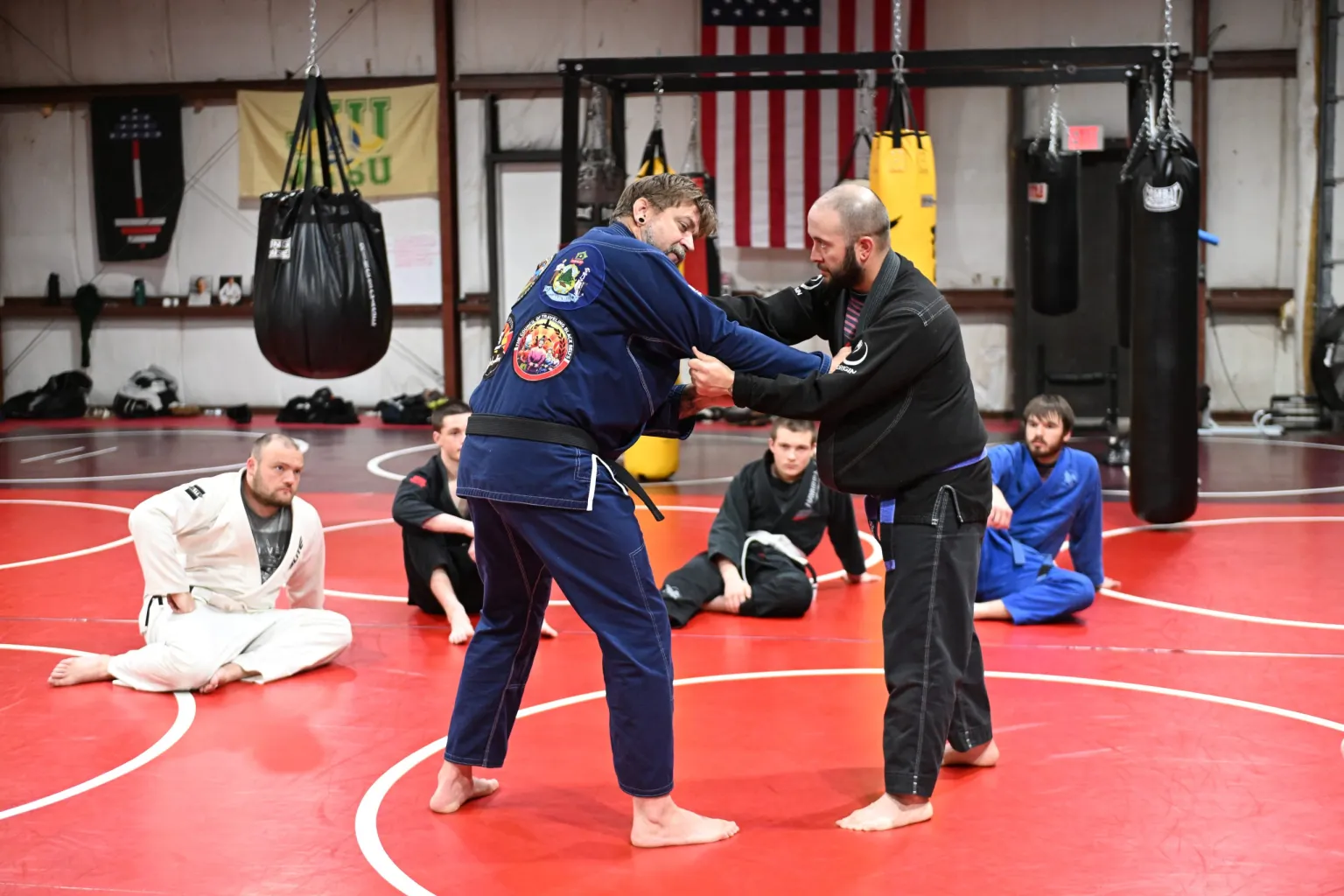Martial arts is more than just a form of exercise or a competitive sport; it's a comprehensive self-defense system that equips individuals with the skills, mindset, and discipline necessary to protect themselves.
Whether for kids, teens, or adults, martial arts offer a unique blend of physical techniques, mental fortitude, and emotional resilience. In this article, we’ll explore five compelling reasons why martial arts is considered the best self-defense training available, especially for families seeking to enhance their safety and well-being together.
What is Martial Arts?
Martial arts encompass a variety of practices and traditions rooted in combat techniques, physical exercise, mental discipline, and moral codes. Historically, they evolved from ancient fighting methods used in battle and have developed into refined systems that focus not only on self-defense but also on personal growth and self-improvement. Today, martial arts include disciplines like Karate, Judo, Taekwondo, Jiu-Jitsu, and Kung Fu, each offering unique benefits and styles of defense.
Importance of Self-Defense Training
In an unpredictable world, the ability to defend oneself is a valuable skill that can provide peace of mind and security. Self-defense training empowers individuals with the confidence to handle threatening situations, deterring potential attackers and reducing the risk of harm. Beyond physical skills, it teaches critical situational awareness and strategic thinking, which are essential in avoiding danger altogether. Learning self-defense is not just about protecting oneself; it's about fostering a sense of empowerment that permeates all areas of life.
Reason 1: Holistic Approach to Defense
Martial arts provide a holistic approach to self-defense, combining physical, mental, and emotional training into a comprehensive system that prepares individuals for any situation.
Physical Techniques
Martial arts teach a variety of physical techniques, including strikes, kicks, blocks, and grappling moves that are essential for defending against an aggressor. Unlike many other forms of self-defense training that focus solely on one aspect of combat, martial arts cover a broad spectrum of techniques that can be adapted to different scenarios. Whether it’s learning to break free from a hold or deliver an effective counterattack, martial arts equip practitioners with a versatile toolkit.
Mental Strength
In addition to physical prowess, martial arts training emphasizes the development of mental strength. Practitioners learn to maintain focus, assess situations quickly, and make strategic decisions under pressure. This mental training is crucial, as staying calm and composed can often mean the difference between escaping safely or escalating a confrontation.
Emotional Resilience
Martial arts also train practitioners to manage their emotions, particularly in high-stress situations. Fear, anger, and anxiety are natural responses when faced with danger, but martial artists learn to control these emotions, allowing them to act decisively and effectively. This emotional resilience is a valuable life skill, extending beyond self-defense into everyday challenges.
Reason 2: Builds Confidence and Discipline
Martial arts are renowned for building confidence and discipline in practitioners of all ages. These qualities are not only essential for self-defense but also beneficial for personal development.
Overcoming Challenges
Through martial arts training, individuals learn to face and overcome challenges, whether it’s mastering a new technique or competing in a sparring match. This process builds self-confidence, teaching practitioners that they are capable of achieving their goals through hard work and perseverance.
Goal Setting and Achievement
Martial arts encourage a goal-oriented mindset, as students work towards earning belts or mastering specific skills. This structured approach to progress helps individuals develop a strong sense of discipline, as they learn to set goals, work diligently towards them, and celebrate their achievements.
Reason 3: Effective for All Ages and Abilities
One of the greatest strengths of martial arts as a self-defense training method is its accessibility. Martial arts can be practiced by individuals of all ages, sizes, and fitness levels, making it an ideal choice for family-oriented training.
Tailored Training
Martial arts instructors can tailor training programs to suit the needs of each individual, adjusting the intensity, techniques, and progression based on age and physical ability. This personalized approach ensures that everyone, from young children to older adults, can participate and benefit from the training.
Family and Community Involvement
Martial arts schools often foster a sense of community, providing a supportive environment where families can train together. This communal aspect not only strengthens family bonds but also encourages a culture of mutual respect, support, and continuous learning.
Reason 4: Real-World Applicability
Martial arts techniques are designed to be practical and effective in real-world situations, making them highly valuable for self-defense.
Situational Awareness
A key component of martial arts training is situational awareness—understanding your environment, recognizing potential threats, and knowing how to avoid danger. By developing this heightened sense of awareness, martial artists can often prevent confrontations before they occur, which is the best form of self-defense.
Versatile Techniques
Martial arts teach techniques that can be adapted to a wide range of scenarios, from standing confrontations to ground defenses. This versatility ensures that practitioners are not limited to a single approach, allowing them to respond effectively to various types of threats.
Reason 5: Promotes Overall Health and Wellness
Beyond self-defense, martial arts provide a host of physical and mental health benefits that contribute to overall wellness.
Physical Fitness
Martial arts training involves a full-body workout that improves strength, endurance, flexibility, and coordination. Regular practice helps maintain a healthy weight, enhances cardiovascular health, and boosts overall physical fitness, which in turn improves one's ability to defend themselves.
Mental Clarity and Stress Relief
Engaging in martial arts can significantly reduce stress and anxiety levels, thanks to the focus and discipline it requires. The combination of physical activity and mental training helps to clear the mind, offering a form of stress relief that is both therapeutic and empowering.
Healthy Lifestyle Habits
Martial arts promote a healthy lifestyle, encouraging consistent practice, balanced nutrition, and overall well-being. The discipline learned in martial arts often translates into other areas of life, leading to healthier choices and a more balanced lifestyle.
Frequently Asked Questions (FAQs)
Is Martial Arts Suitable for Everyone?
Yes, martial arts can be adapted for individuals of all ages, abilities, and fitness levels. Instructors tailor programs to meet the needs of each student, ensuring that everyone can participate and benefit from the training.
How Quickly Can One Learn Self-Defense through Martial Arts?
The time it takes to learn self-defense through martial arts varies depending on the individual's dedication, frequency of training, and
the specific martial art. However, basic self-defense skills can be acquired within a few months of consistent practice.
What’s the Best Martial Art for Self-Defense?
There is no one-size-fits-all answer, as the best martial art for self-defense depends on personal preference, physical ability, and specific needs. Commonly recommended styles for self-defense include Krav Maga, Brazilian Jiu-Jitsu, and Muay Thai.
Are Martial Arts Classes Safe for Kids?
Yes, martial arts classes for kids are designed with safety in mind. Qualified instructors ensure that techniques are taught in a safe and controlled manner, with appropriate protective gear used during practice.
How Does Martial Arts Compare to Other Self-Defense Methods?
Martial arts offer a comprehensive approach that includes physical techniques, mental training, and emotional resilience, making it a more holistic form of self-defense compared to other methods that may focus solely on physical combat.
How Often Should One Train in Martial Arts?
For optimal results, it’s recommended to train in martial arts at least two to three times a week. Regular practice helps reinforce techniques and improve overall proficiency in self-defense.
Final Thoughts
Martial arts offer a superior form of self-defense training by integrating physical techniques, mental discipline, and emotional resilience into one cohesive system. Whether for personal safety, fitness, or personal development, martial arts provide lifelong benefits that extend far beyond self-defense. For families seeking a supportive, engaging, and effective way to learn self-defense, martial arts is undoubtedly the best choice. At Robert’s Family School, we are committed to providing high-quality martial arts training that empowers individuals and families alike to lead safer, healthier, and more confident lives.
ACCESS OUR SCHEDULE
& EXCLUSIVE WEB SPECIAL
Secure your spot and get started today with our EXCLUSIVE offer!

